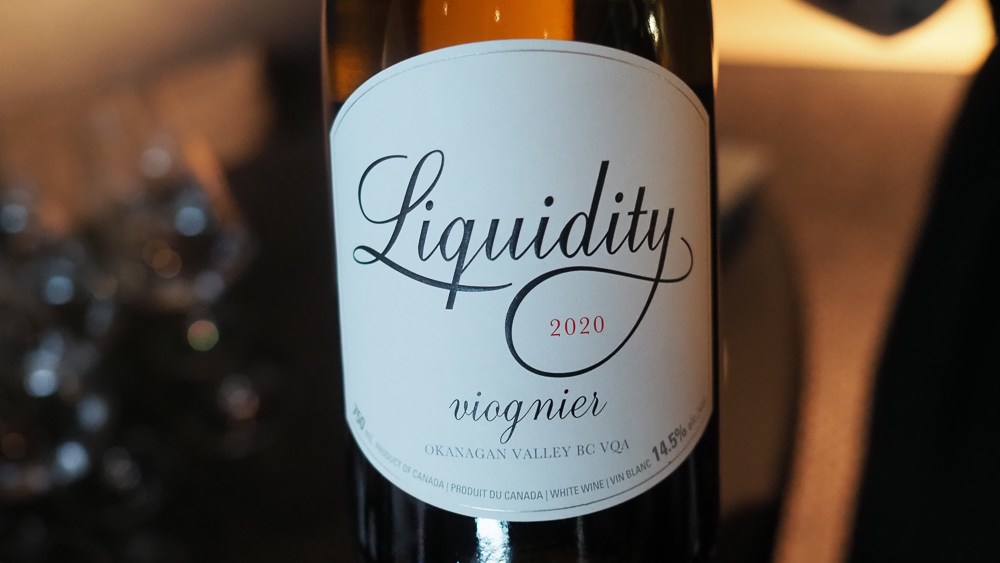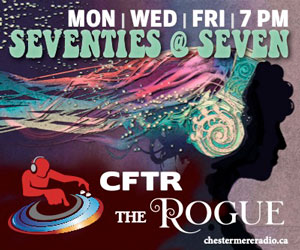Those readers not currently living under a rock will already have heard about the terrible bush fires ravaging Australia at this very moment, with millions of hectares ablaze.
Long a fan of Aussie wines, I made a beeline for my local bottle shop to make a small symbolic show of support by picking up a few bottles of Chardonnay to pair with the last of the leftover Christmas turkey, and some bold Shiraz to enjoy with the selection of hard cheeses I put out for guests.
The winemakers of Australia have a rough year ahead of them, so keep them in mind when making your selection of wine by the glass at your favourite restaurant, or when picking up a bottle at your friendly neighbourhood booze merchant.
While the vineyards of Australia have thus far escaped the worst of the bush fires, smoke taint is still a very real risk to this year’s crop. Being the land down under, the vineyard harvests in Australia are opposite that of the northern hemisphere, so are just entering the onset of ripening, called veraison by the viticulturists.
As the vines enter the veraison stage in January every year, the grapes transition from the growth cycle to the ripening cycle. The biologists in the audience will recognize this as the transition from cell division to cell expansion, which is a critical time in the vineyards.
As the leaves on the vines open up and start pumping more nutrients into the skins of the grapes, the presence of airborne wildfire smoke compounds introduces contaminants into the grapes that result in wine that tastes like a blend of ashtray, burnt rubber, and industrial disinfectant.
This so-called smoke taint is more noticeable in red wines, due to the extended skin contact after crushing for maximum colour extraction. White wines typically do not have extended contact with the skins after crushing, which minimizes the effects of smoke taint, since the offending compounds are concentrated in the skins.
Sadly, Australia is no stranger to runaway bush fires, which has made them the global authority on research into the mitigation of smoke taint in wines. Pinot Noir is a particularly delicate grape, and there has been some success in reducing smoke taint by pressing the grapes and immediately removing the skins to make a white version of Pinot Noir.
This strategy has been less successful for the bolder red grapes such as Shiraz, so many vineyard owners have been faced with crippling losses. Smoke taint drops the value of a harvest by around 90%, with the only options being expensive filtration, or switching production from wines to distilled grape spirit, as the distillation process removes the smoke taint. Many vineyards opt to simply destroy the entire harvest, this being the least bad of the available options.
Australia was one of the first countries to offer firefighting assistance to the terrible fire that ravaged Fort McMurray in 2016, an offer reciprocated last month, when a team of wildfire suppression experts from fire services across Canada volunteered for deployment in Australia to help battle the blazes.
Canada and Australia have a long history of mutual assistance in battling wildfires, as our location in the northern hemisphere puts our respective wildfire seasons six months apart.
This is the first time Canadian firefighters have been deployed to Australia since 2009, so many were eager to volunteer, especially after Australia sent 200 firefighters to battle the BC wildfires of 2017.
Most of the vineyard plantings in Australia are from French grape varietals imported in the 1800s, with Cabernet Sauvignon, Syrah (called Shiraz in the land down under) and Chardonnay being the big three in terms of acres under vine.
Australian wines have exploded in popularity over the past 20 years, with nearly 800 million litres exported overseas each year, putting them in the top five globally.
Canadians love Australian wine, and Aussie winemakers love Canada, as we are their fourth-largest export market, which is surprising for our relatively small population.
Australian wines tend to be cheap and cheerful, representing great value for the price, and much more approachable for novice drinkers than European wines with their inscrutable labels.
Australian firefighters have volunteered for deployment in BC wine country many times over the years, so show your thanks by supporting the Aussie wine industry at your local restaurant or bottle shop.








